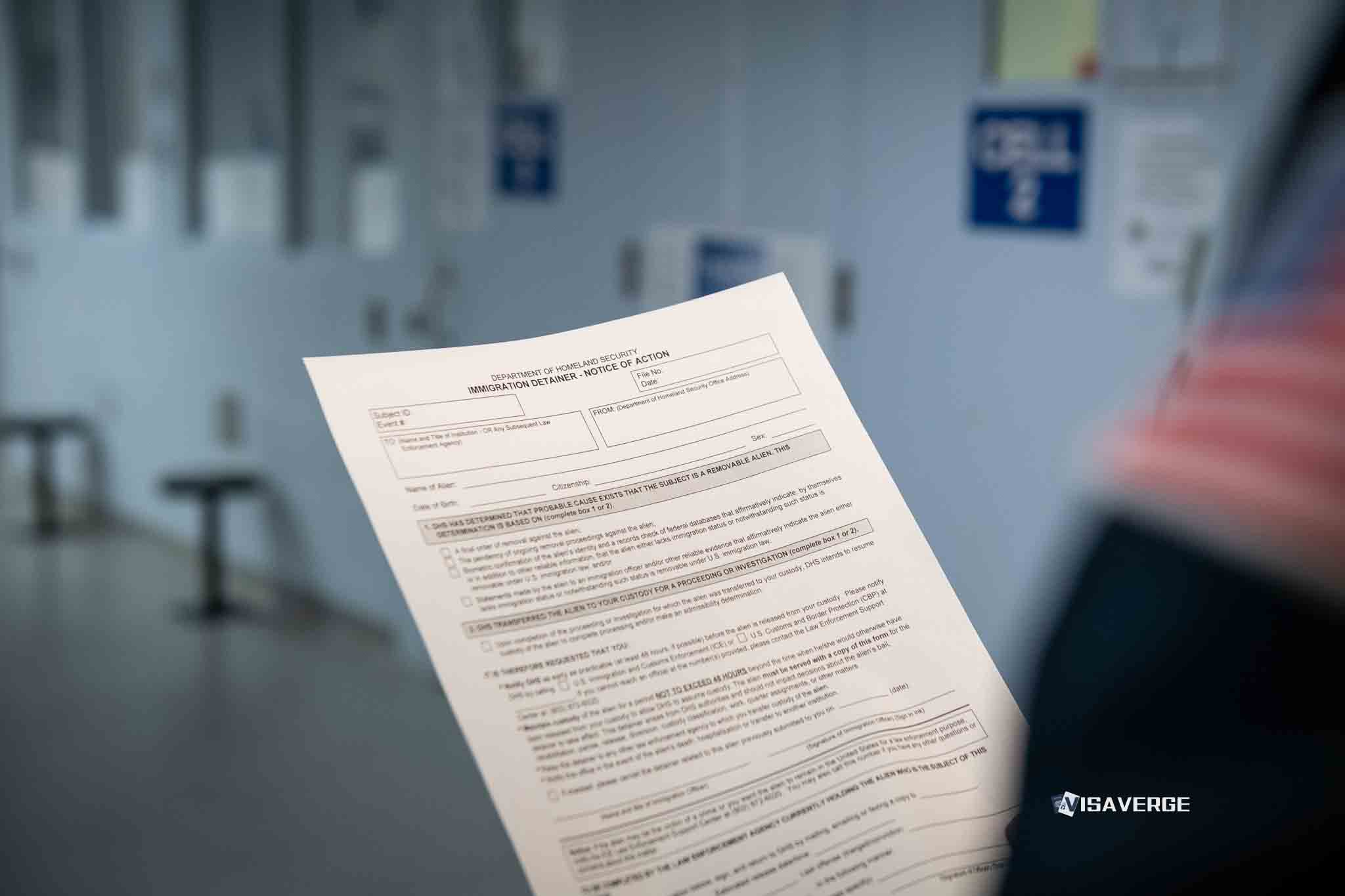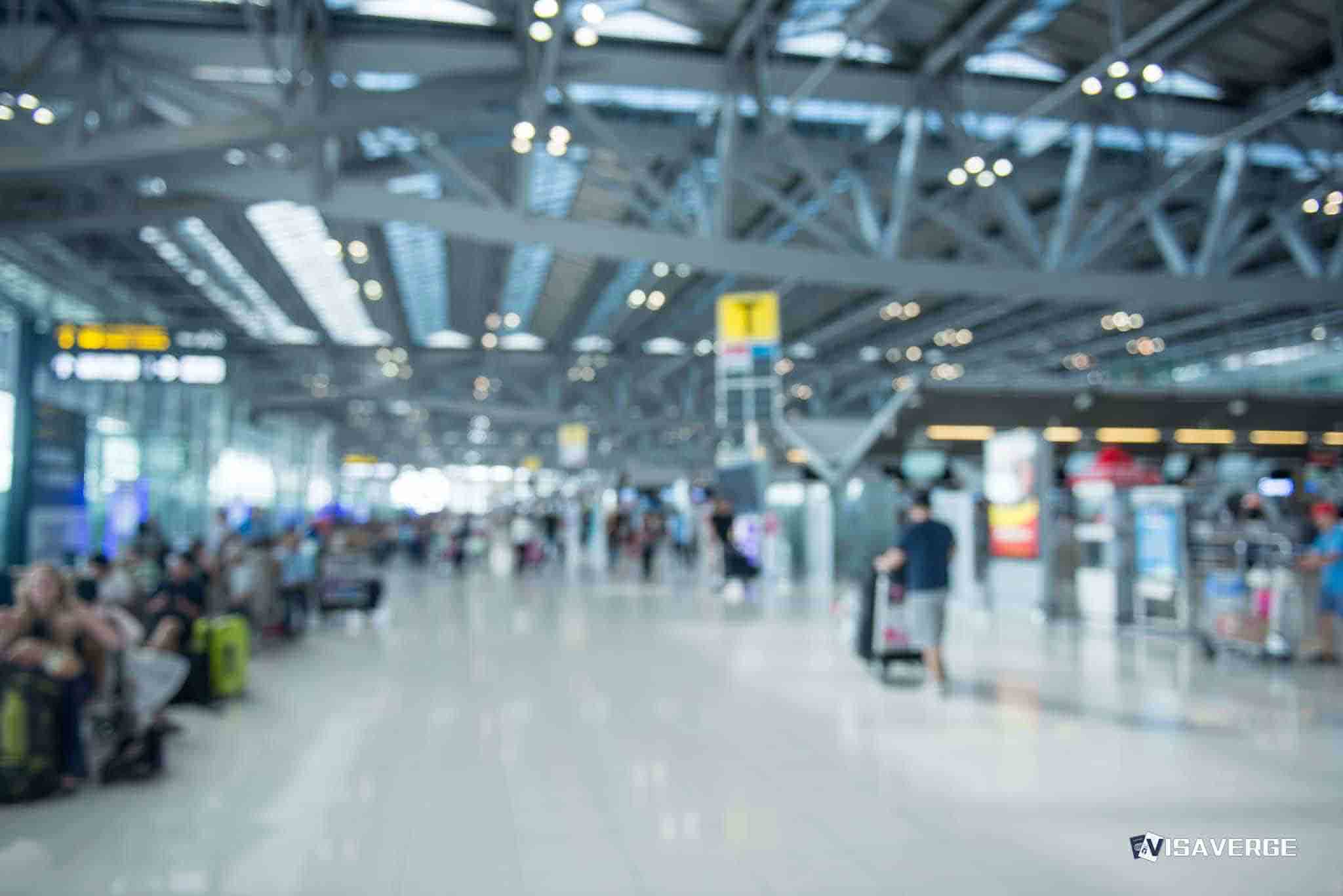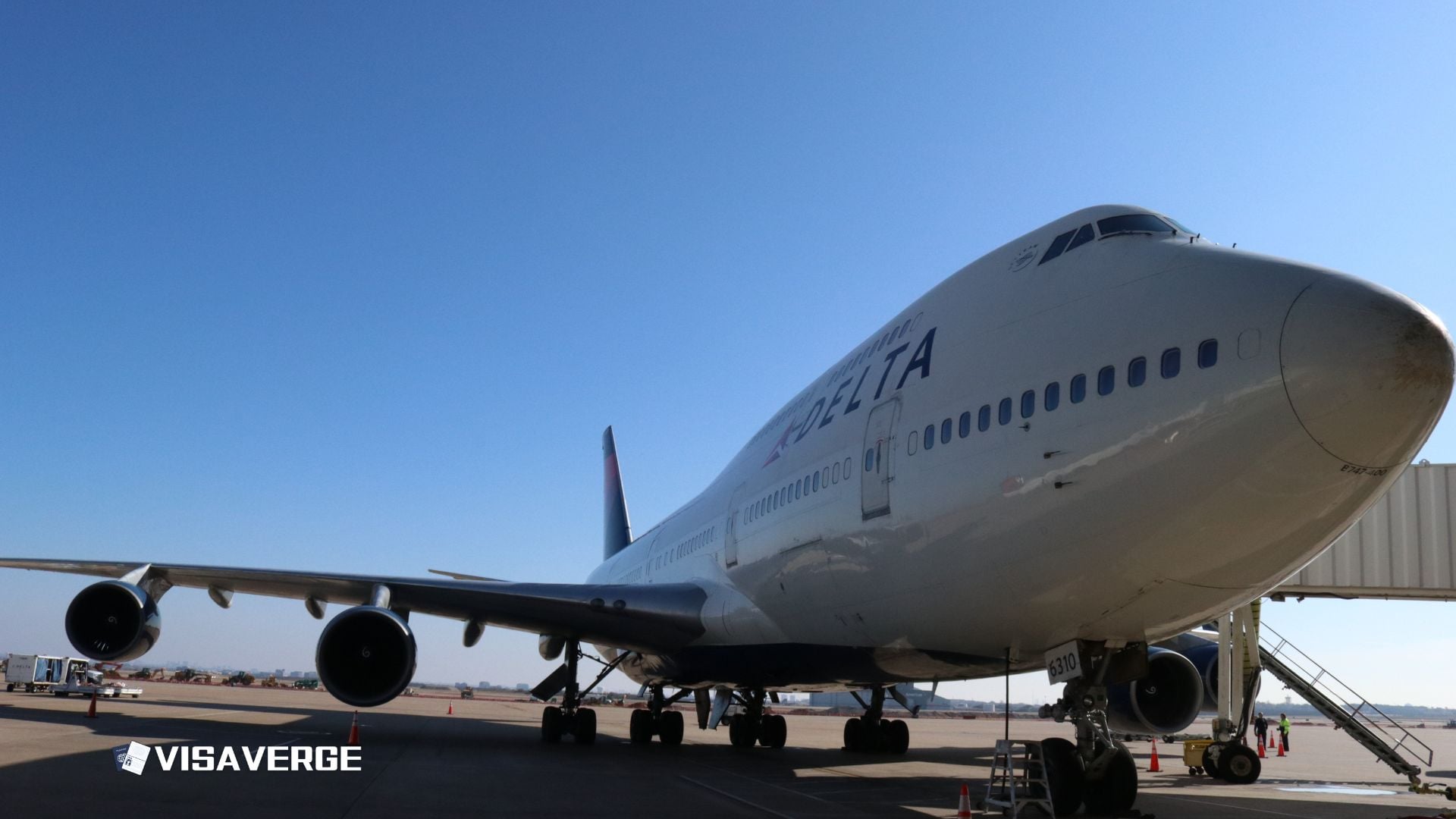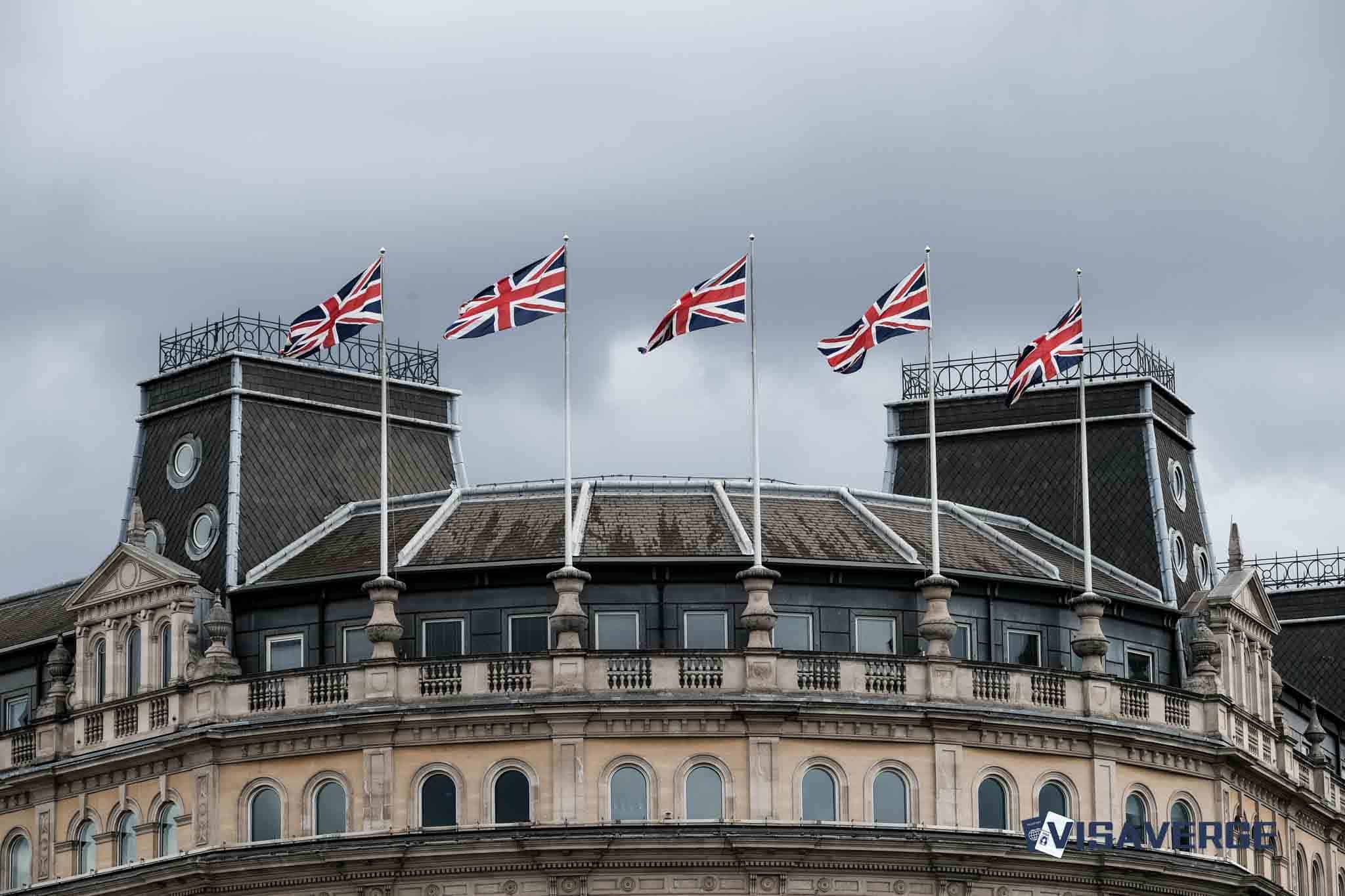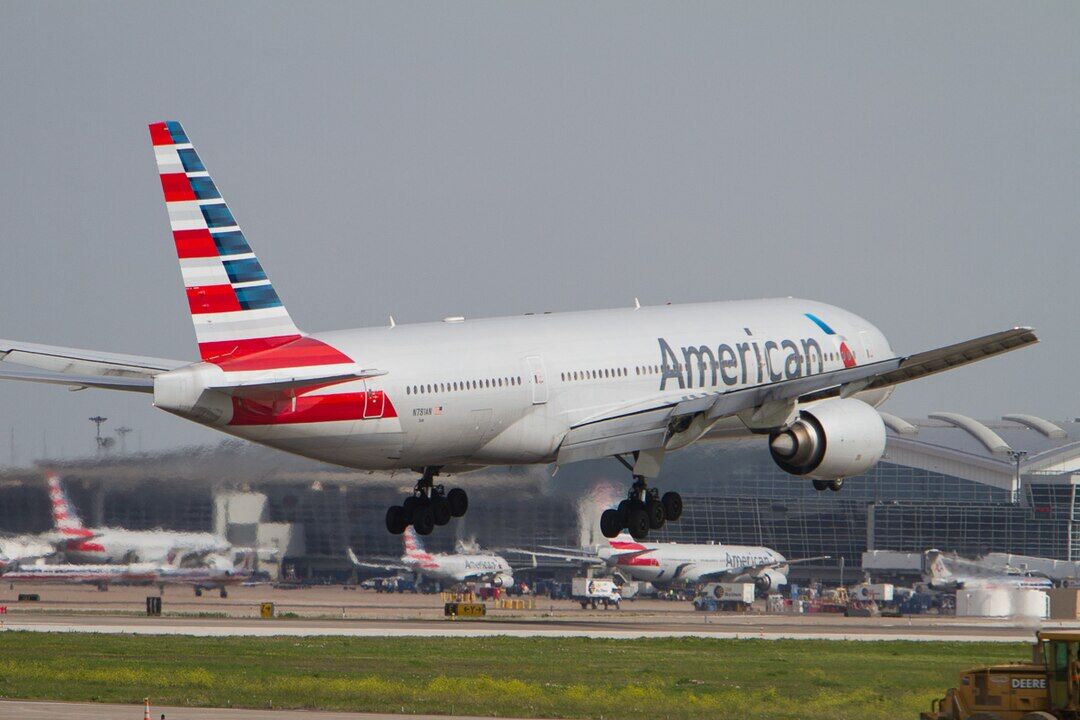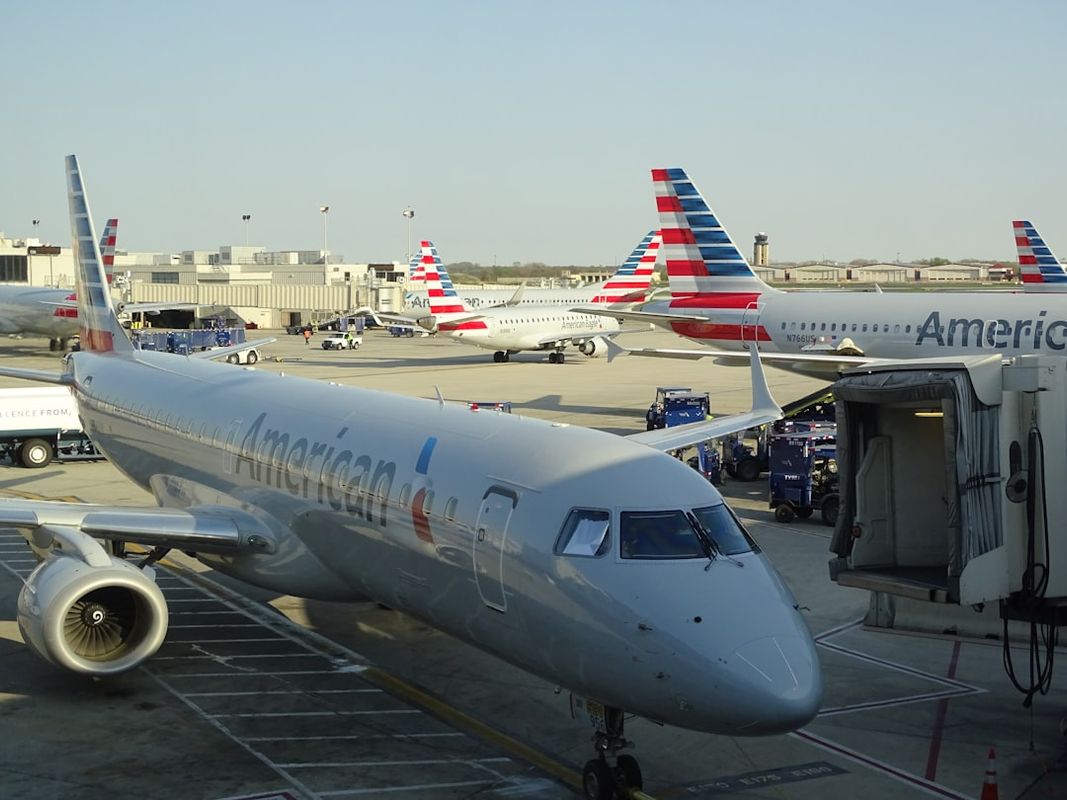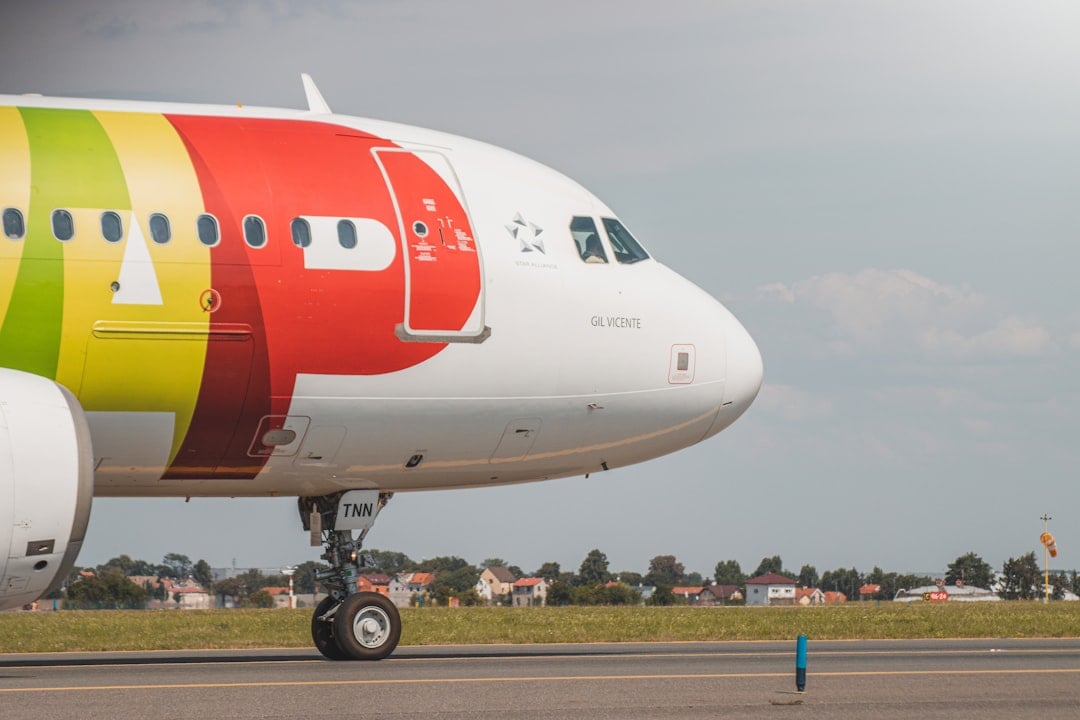(ATLANTA, GEORGIA, UNITED STATES) A KLM passenger jet preparing for a transatlantic flight at Hartsfield-Jackson Atlanta International Airport was forced to halt its departure on Thursday, November 27, 2025, after a passenger opened an emergency exit door and triggered the emergency slide, cancelling the scheduled flight to Amsterdam. Airport officials said the traveler, who has not been publicly identified, believed they had seen a gun on board and acted during taxi, when the aircraft was already moving toward the runway.
What happened on the aircraft
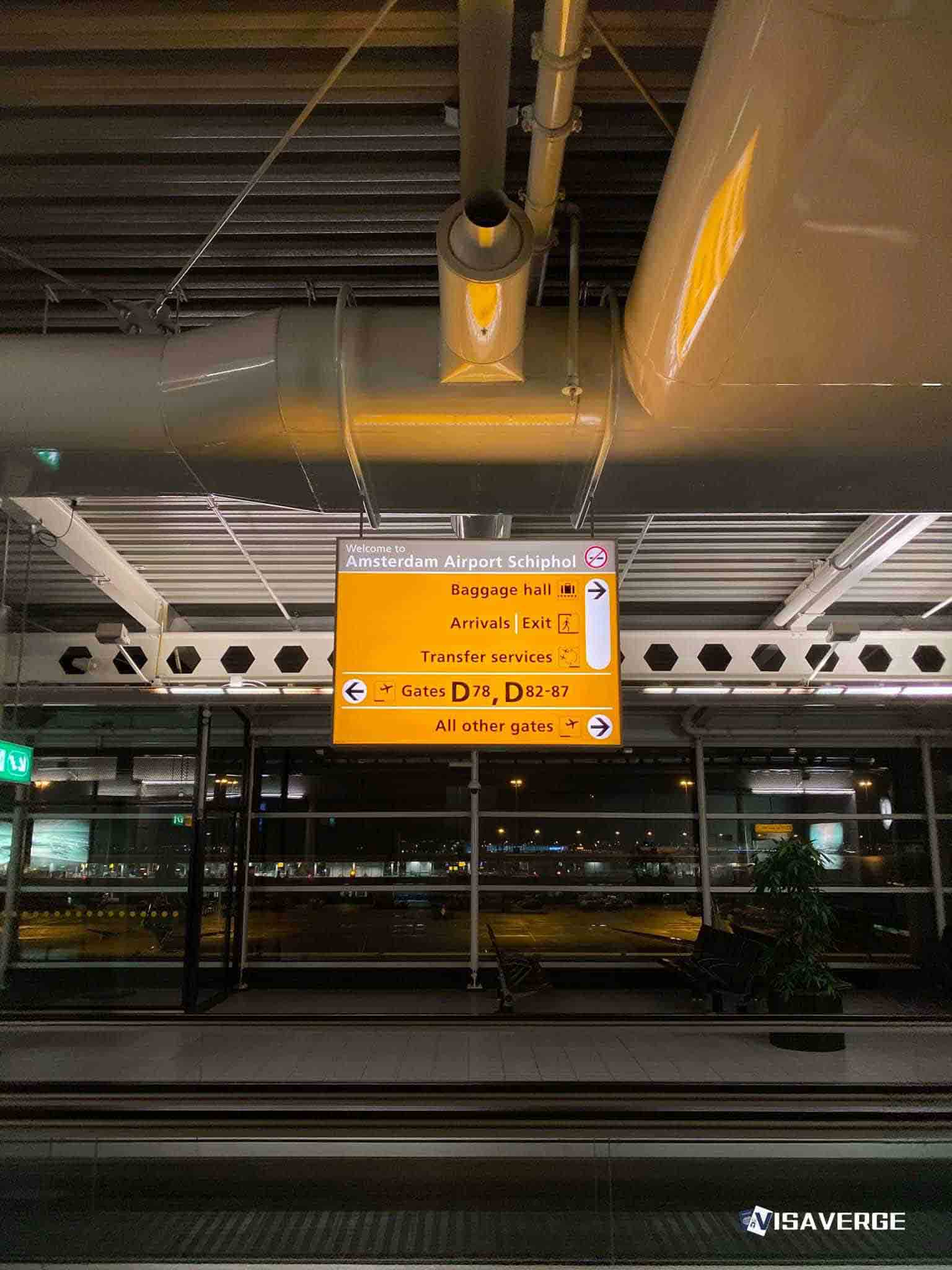
The dramatic move instantly stopped the operation of the KLM service, which was set to carry scores of international passengers, including tourists, students, and workers connecting to other parts of Europe.
Authorities later confirmed the concern was unfounded: no gun or other weapon was found on the aircraft, and there was no active threat to passengers or crew.
Passenger impact and immediate consequences
Passengers on a long‑haul flight to Amsterdam likely experienced confusion and fear when the emergency exit door was opened and the emergency slide inflated. Practical consequences included:
- Missed connections through Amsterdam’s Schiphol Airport, affecting onward travel across the European Union.
- Potential disruption to immigration interviews, work permit start dates, and other time‑sensitive legal appointments.
- Uncertainty about rebooking: KLM did not immediately release detailed information on passenger numbers or rebooking plans.
The cancellation of a single boarded flight can have a ripple effect beyond the aircraft, affecting legal deadlines and migration processes for many travelers.
Legal and immigration implications
The incident raises significant legal and immigration issues:
- Opening an emergency exit door while taxiing can lead to serious criminal charges, civil fines, and airline bans.
- For non‑citizens, such penalties may affect future visa applications, green card cases, and naturalization files. A conviction related to aircraft interference or false threat reports can be used as evidence that a person poses a security risk.
- Even bystanders may later need documentation (airline letters, police reports, insurance papers) to show they were not the cause of the incident.
Opening an emergency exit during taxiing can lead to criminal charges, civil fines, and bans from flying. For non‑citizens, such actions may jeopardize visa, residency, or naturalization processes.
Security context and related events
Officials emphasized that this event is separate from another incident at the same airport on November 9, 2025, when a loaded gun magazine was found on a Frontier Airlines flight bound for Cincinnati. That magazine was later linked to a law enforcement officer who had traveled on a previous leg on the same aircraft.
In contrast, there is no link to a real weapon in the KLM case; the alarm was based on a mistaken belief.
TSA rules and travel disruption risks
The Transportation Security Administration (TSA) maintains strict rules on weapons and firearm parts on aircraft. Its guidance on transporting firearms and ammunition explains that:
- Guns must be declared, unloaded, and properly packed in checked luggage.
- Guns are never allowed to be carried loaded into the cabin by regular passengers.
Recent Atlanta incidents show that both real and perceived weapons can disrupt travel plans for hundreds of people in a short time.
Chain‑reaction effects on visas and timing
Analysis by VisaVerge.com notes how disruptions on major international routes can cascade:
- Arriving in Europe a day late might cause a passenger to miss a residence permit appointment.
- A delayed return segment could lead another traveler to overstay a short‑term visa in the United States.
- While airlines often rebook customers, border laws do not bend, and responsibility for maintaining legal status usually rests with the traveler.
Costs and operational consequences for airlines
Officials have not yet detailed any charges the KLM passenger might face, but similar incidents have resulted in:
- Claims for the cost of repacking or replacing an emergency slide (an inflated slide must be inspected, often removed and sometimes replaced; replacement can cost tens of thousands of dollars).
- Compensation claims for passenger delays.
- Crew rest requirements after an aborted departure, which can push replacement flights to the next day and force passengers to rearrange:
- Hotel bookings
- Schengen visas or entry stamps
- Onward tickets
Human factors and root causes
The event underscores how fear and mental strain can lead to security scares:
- Long‑distance travelers may already be anxious about crime, war, political tension, immigration checks, jet lag, and language barriers.
- A perceived glimpse of a gun, even without confirmation, can provoke sudden actions—such as pulling an exit handle or calling police from a seat.
Advice and recommendations for stranded travelers
Immigration attorneys recommend that airlines and border agencies provide clear, written information when trips are disrupted. Useful measures include:
- Issuing written notices explaining why a trip was disrupted.
- Providing official confirmation that a passenger did not commit an offense.
- Helping stranded travelers obtain temporary permission to stay or additional entry stamps when they must remain in a transit country.
Such documentation can be crucial for future immigration interviews where travelers are asked about removals or security investigations.
Current status
For now, the aircraft sits grounded in Atlanta, its interrupted journey a reminder of how fragile security procedures and travel plans can be when fear and misperception combine. Police and federal officials have not yet released details about any charges or the passenger’s identity.
On Nov. 27, 2025, a KLM flight at Atlanta’s airport was cancelled after a passenger opened an emergency exit during taxi, deploying the slide. No weapon was found; the traveler had reported seeing a gun. The disruption left passengers with missed connections and potential immigration or legal consequences. Authorities note such actions can lead to criminal charges, fines, airline bans, and negative effects on future visa or immigration cases. Investigations and decisions about charges remain pending.



